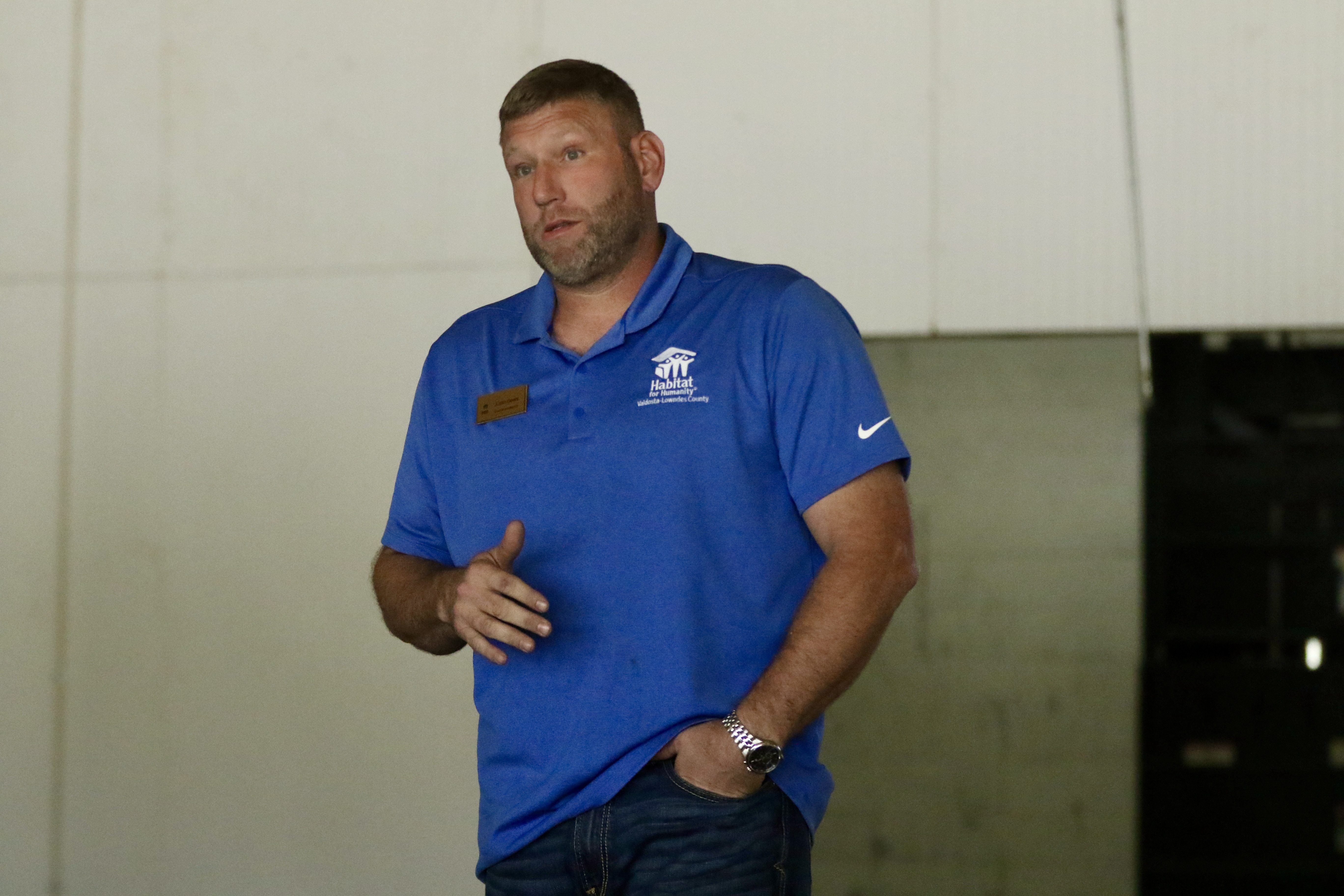Outgoing Ga. chief justice reflects on pandemic-impacted court system
Published 3:30 pm Tuesday, March 16, 2021
ATLANTA — In his final address before retirement, Georgia Supreme Court Chief Justice Harold D. Melton reflected on how the pandemic has upended the court system.
Melton’s announcement he would retire came last month, after 30 years of working in state government and 16 years serving on Georgia’s highest court. His decision also on the heels on a year of shepherding the state’s strained court system through a new era of virtual proceedings forced by the pandemic.
The judicial branch in Georgia quickly pivoted to video conferencing for a majority of its business, but courts were directed to remain open for essential proceedings as the virus swept the Peach State. Melton emphasized the state’s courts never closed.
“You should be proud of the many judges in Georgia — in the superior courts, the state courts, the juvenile courts, the magistrate courts, municipal courts, the business court and the appellate courts — who have stepped up this year to think to go beyond the normal duties to keep cases moving as much as possible and to keep people safe,” he told lawmakers Tuesday. “In some cases, it has cost them their lives.”
Probate judges — who handle civil cases that often need immediate action — were particularly hit by the virus. Georgia lost many probate judges who died after contracting COVID-19. Including Brantley County Judge Karen Batten, Dougherty County Judge Nancy Stephenson and Chattooga County Judge John Payne.
Just three months before his own retirement after three decades on the bench, Georgia Supreme Court Justice George Carley collapsed only hours after holding a virtual hearing from his home. The 82-year-old died of COVID-19 after being hospitalized.
The health risks extended to jury trials, Melton said, which have been shutdown for nearly a year — at great cost to the system. The suspension left inmates sitting in jail waiting for their cases to be heard. Melton said it could take up to three years to tackle the backlog.
The public health risks of operating full jury trials was significant, he said, and Peach State residents can’t choose whether or not to participate if they are called. Melton signed an order to resume jury trials in October, just to shut them down again in December after spiking COVID-19 cases.
“Unlike when individuals choose whether they visit a store, a gym or restaurant, when a citizen receives a jury summons, that is not an invitation, it is an order,” he said.
Since, Georgia’s courts have been accumulating a troubling backlog of growing cases awaiting indictment and trial.
“The potential backlog in cases is staggering and we must find a way to reduce growing pressure,” Melton said and pleaded with lawmakers for their help.
In Futon County — which has the largest court system in the state — in just a 10-month period, the number of defendants in jail without an indictment rose from 230 to more than 1,400.
The pandemic has increased the prevalence of mental health needs and substance abuse. Advocates have called it a crisis within a public health crisis. Members of the legal community are not immune, Melton said, and it affects those “who come before our courts and those who work within the judiciary.”
Last October, an assistant district attorney in Columbus died by suicide.
“We want to ensure members of our legal community that it’s OK to ask for help,” Melton said.
The last year of Melton’s service was marked not only by the pandemic but nationwide calls for social justice and increased police accountability. But the outgoing chief justice said he believes better times historically come after moments of “strife and turmoil.”
“I like to think that we are in a historic time of opportunity and reconciliation,” Melton said. “Both the pandemic and the social unrest of this past year call for an even greater fidelity to the rule of law — not less.”
David Nahmias will succeed Melton as the Georgia Supreme Court’s next chief justice beginning July after being unanimously elected to the position by his colleagues.





